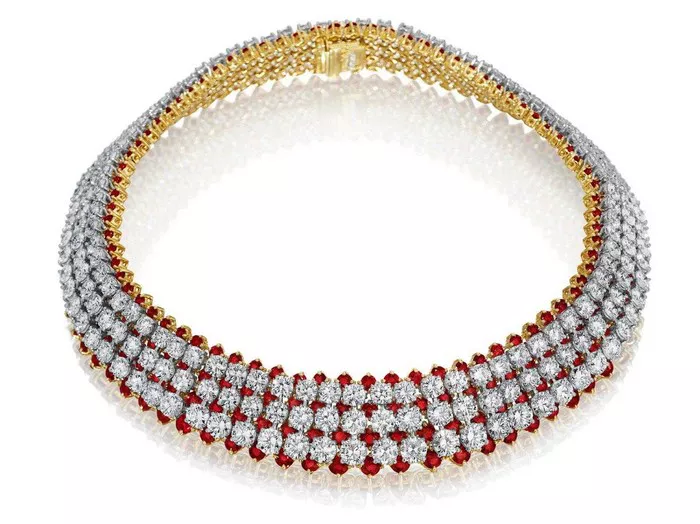Considering a splurge on fine jewelry this year? While the price tag may be a deterrent, the question of whether such an investment truly holds its value becomes pivotal. The assessment of “worth” inevitably hinges on what individuals are willing to pay, but the realm of high-end jewelry introduces certain factors that can help gauge the real value of that Tiffany necklace or meticulously crafted gold ring.
The Investment Factor
Expensive jewelry, often featuring precious metals or stones and crafted by prestigious luxury brands, can indeed serve as a solid investment. With a historical tradition of being passed down through generations, fine jewelry holds both sentimental and financial value. Gold, silver, platinum, diamonds, and the like tend to either retain or significantly increase in value over time. Thus, expensive jewelry becomes a tangible investment, necessitating the importance of securing adequate jewelry insurance coverage to safeguard against unforeseen events.
The Durability Factor
Distinguishing itself from costume pieces, most high-end jewelry is designed and meticulously crafted for longevity. This durability justifies the higher price for many buyers. A collection of such jewelry ensures the possession of timeless pieces that can endure for years, if not decades, without tarnishing or experiencing structural issues. Focused on classic styles rather than fleeting fashion trends, fine jewelry becomes an enduring, beautiful accessory.
The Status Factor
Fine jewelry has long served as a symbol of status, contributing to its intrinsic value. While challenging to quantify, this status-related value is undeniably real and enhances the overall worth of a piece. In terms of investment, creations from esteemed luxury brands like Chanel or Cartier could potentially transform into highly sought-after vintage pieces, surpassing their original value.
When is Expensive Jewelry Not Worth It?
Despite the aforementioned reasons supporting the investment value of expensive jewelry, it’s essential to explore scenarios where such an investment may not be prudent.
When it’s Fake
Knock-off designer or high-end jewelry, with a suspiciously low price tag, is an immediate red flag. Verification of authenticity by a professional jeweler is crucial in such cases.
When the Brand’s Resale Value is Low
While some brands may enhance or maintain the value of fine jewelry, this isn’t universal. Researching the typical resale prices of similar items from a brand is advisable for potential buyers.
When it’s Mass Produced
Mass-produced jewelry tends to lack investment potential due to market saturation. Handcrafted or limited-edition items are generally preferable for those considering jewelry as an investment.
How to Start Your Collection
For individuals keen on building a collection of fine jewelry, selecting key pieces that offer versatility and timeless appeal is paramount. A simple gold or silver bangle adorned with diamonds, diamond stud earrings, and a freshwater pearl necklace are excellent starting points. As the collection evolves, adding pieces like fine chandelier earrings, a silver and sapphire tennis bracelet, and an exquisite drop pendant necklace can further elevate the ensemble.
Expensive Jewelry: an Investment in Timeless Style
Expert opinion aligns in acknowledging high-quality, fine jewelry as a commendable financial and style investment. A carefully curated collection of a few expensive pieces, either handcrafted or from reputable retailers and brands, has the potential to transform any outfit. Discernment is advised, steering clear of fakes or transient fashion items, and opting instead for fine jewelry that retains its fashion and financial allure throughout a lifetime.


